With only two weeks left until playoffs for the first official season of VALORANT’s Premier mode, your squad might be scrambling trying to figure out how on earth you’ll get enough points to make playoffs.
Thankfully, there is always room for improvement, whether you’re in the lowest or highest division in your VALORANT region, and there are tons of things you can do to give your team a boost going into these final weeks.
From map strategies to having a positive attitude, here are seven things you can do in your team’s push to VALORANT Premier playoffs.
1) Play to your strengths
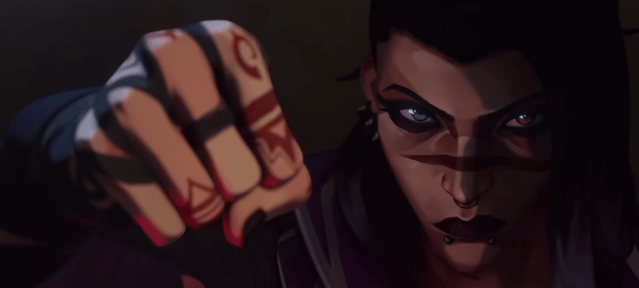
Let’s face it—your Premier squad is nowhere near the level of the VCT pros, no matter how much you want to believe you could take Jinggg on in a Raze one-on-one. And while taking inspiration from VCT strategies can be a good starting point, considering them the be-all-end-all is going to hurt you in the long run.
Though there are certain agents considered staples on certain maps and compositions that are the bread and butter of the VCT, not all of them will work for you.
For example, Sova has become a staple on Ascent of late. But if your teammate who usually plays the initiator role can’t shoot a Sova dart straight to save their life? Yeah, better to go with a KAY/O or a Skye instead.
Even though these picks might not be “meta” in the highest ranks of VALORANT play, it’s much better to set your teammates up for individual success on agents they feel comfortable with. At many of the Premier ranks, comfort and understanding of an agent’s kit will get you so much further than trying to play a meta composition and not utilizing it properly.
This doesn’t mean you should be going in with five duelists every map, but failing to be flexible with your compositional choices will ensure at least someone on your squad isn’t comfortable. Start by asking your team who their mains are, and work from there to create compositions from each map.
2) Warm up together
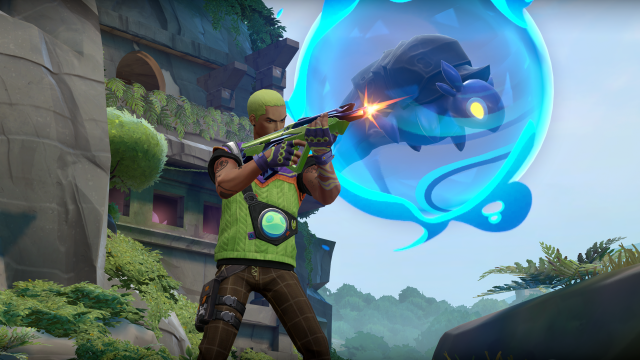
Since many teams competing in Premier—especially in the low to intermediate levels—aren’t organized with firm practice schedules, it might be hard to find time to play together outside of match days. Even if you can’t scrim multiple times a week, at least warm up together.
Warming up in one unrated or in a deathmatch or two before the week’s Premier queue opens up is a great way to not only loosen up your aim, but also check in with your teammates and finalize strategies or practice communication together.
Though you’re not expected to go the extra mile and do an entire team bonding exercise two hours before queue time, even just taking the time to have all five starting players in a deathmatch together will set everyone up for a positive match. Getting on VALORANT and in a voice call even 30 minutes before Premier will make a difference.
If you decide to play an unrated match, pick the agents you’re planning to run on the week’s map, even if you don’t queue into it. You’ll be able to practice timing with your teammate’s abilities and get used to the flow.
In addition, it’s highly likely that in the hour or two before Premier queue opens, you’ll run into other five stacks preparing for the exact same thing.
3) Choose a team captain
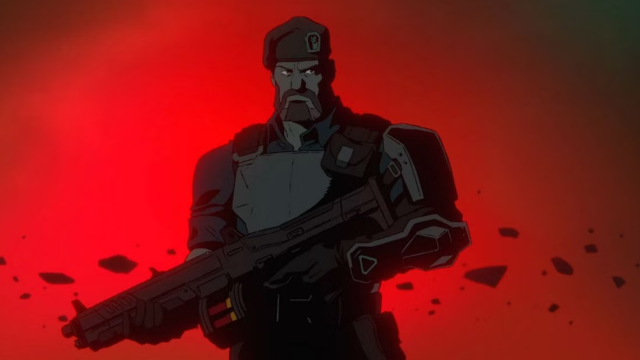
Most professional VALORANT teams have an in-game leader, alongside a coach and other management helping to guide them along in their season. If you’re lucky, your Premier squad has someone helping you out, looking at the VODs from your matches and guiding you in the right direction, but a majority of squads don’t have that.
While there’s no need for you and your friends to rope another person into coaching, or to put all of the strategic duties on to one player, it is helpful to have some sort of established leadership role among your friends. Even if this means different players have different roles, deciding this before the season, ideally, or before your next match, is an important step.
In my Premier team, we have one person who is in charge of scheduling and other logistical things. He checks in on our availability for our matches each week, and also signed our team up in the VALORANT Premier hub.
Then another person, usually me, is in charge of coming up with our composition each week. I pay attention to our member’s strengths and weaknesses, as well as the map for the week, and suggest a composition. I also usually make the calls in the match before and during each round.
It’s really helpful if you and your friends can come together to nominate a team captain or in-game leader, even if it is a generally loose structure. This doesn’t mean other teammates can’t pitch in, it just gives everyone a general direction to follow if communication gets lost.
4) Clear comms
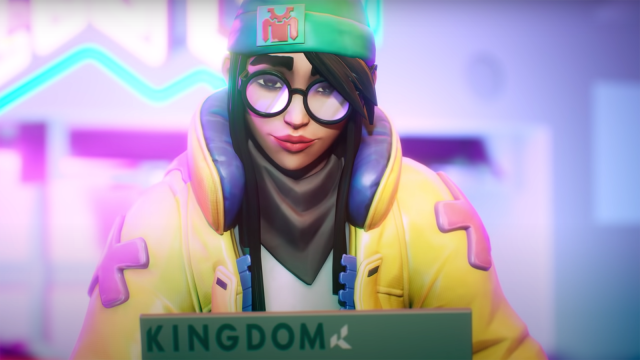
On the topic of setting guidelines for communication, it’s important to remember that calls may look a little different for an official Premier match than they would when you queue casually with your five-stack.
In the heat of a match, it is important to keep your team’s lines of communication concise, clear, and comprehensible. Though it can takes months and months of practice to truly communicate as effeciently as the pros, there are a few small steps your team can take right away to streamline your own voice channel.
First, keep your calls short and to the point. Did you just see a Sage do the clumsiest jiggle-peek you’ve ever seen in your entire life? You may be tempted to laugh and explain how ridiculous she looked, but in a match all your teammates really need to know is who you saw and where.
Second, even though we all do it to an extent, it’s really important to keep your vocal reactions to a minimum in the middle of a match. Even if you just whiffed the easiest one-tap of your life, you need to keep your reaction to yourself. No amount of swearing or insistence that the enemy Jett is hacking will push your team forward to win the round after you die.
And third, during a Premier match is not the time to backseat. Though lots of friends bond over teaching each other tips and getting better together, when you’re in a match it’s time to have full focus. Trying to give your Viper the perfect lineup angle as the Spike is ticking away is not going to work, trust me.
5) Set goals
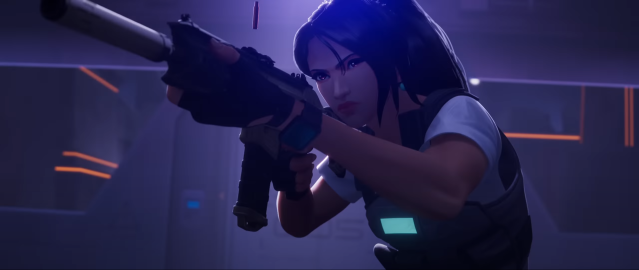
Maybe your team didn’t get a single map win during the Premier Beta. Or maybe you were one match away from having enough points to make playoffs. Either way, it’s always good to set goals for your team so everyone is on the same page.
For example, my team’s worst map is Lotus. We can’t seem to get the hang of it. So even though we knew we would probably lose the map, I have a goal of getting at least one more round win each time we play.
Your goals can be small, you don’t need to shoot for winning your division outright, but having small progress markers will be helpful for your team. When you have a common goal and all have your eyes set there, team morale will be higher. And make sure to celebrate the little wins, even if it just means you got one more kill than last game.
6) Get to know your teammates
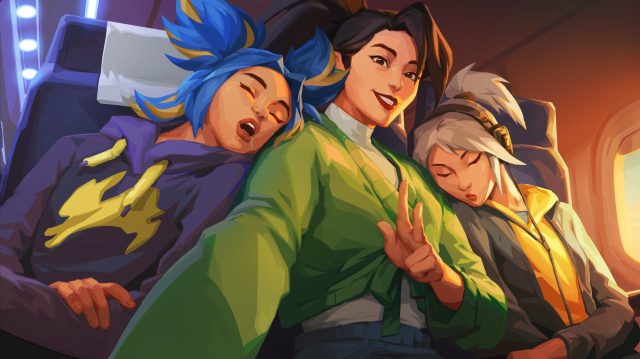
Finding a Premier squad full of random teammates is a fine choice to make, especially if you’d rather play in a strictly competitive environment without worrying about friendship dynamics or problems that can come with that.
So when we say “get to know your teammates,” we don’t mean “make sure you know all of your teammate’s middle names,” we just mean it’s good to have a sense of who you’re loading into the map with. The point of Premier is to have a dedicated squad in contrast to your daily duo or solo-queue grind, and there is an advantage to knowing your Premier squad a bit better.
Even if you just learn about how they started playing VALORANT, what types of roles they like to play in general, and how they tend to communicate, it will already put you a step ahead of many squads.
It helps to know a bit about your teammates’ personalities for when the going gets tough and you need to bounce back mentally. Different people thrive in different environments, so if you have a chance to lift each other up when things are looking down, take it.
7) No negativity

Yeah, okay, there was that one round we needed to clutch out where our Omen messed up their Paranoia and accidentally blinded the entire team as we peeked, only to get picked off one by one. But you know what? It happens. We all mess up. And being negative about it won’t help your team bounce back for your next match.
There’s no need to be excessively positive either, it’s important to point out your weaknesses and address them in order to get better. Yet blaming individual people for team mistakes and making excuses for poor coordination isn’t going to get you anywhere.
When you talk about new strategies or directions, make sure to frame things positively and also take into account what you’re doing right. It really could just be one small tweak that you need to earn your playoff spot.


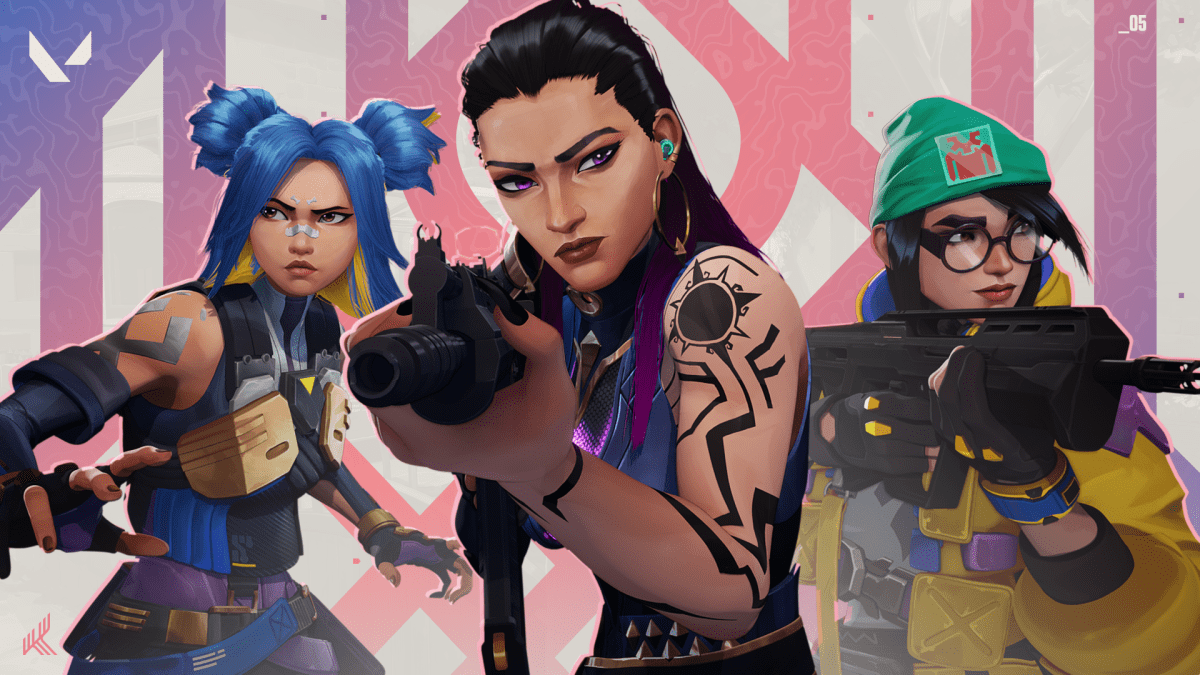
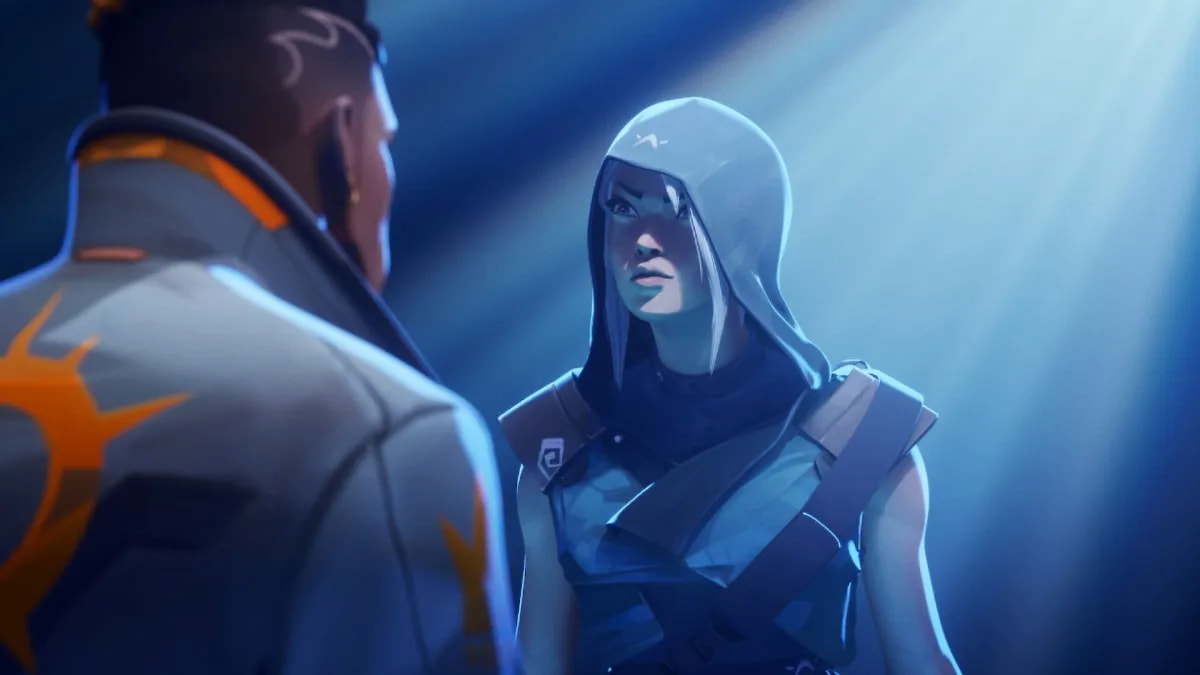
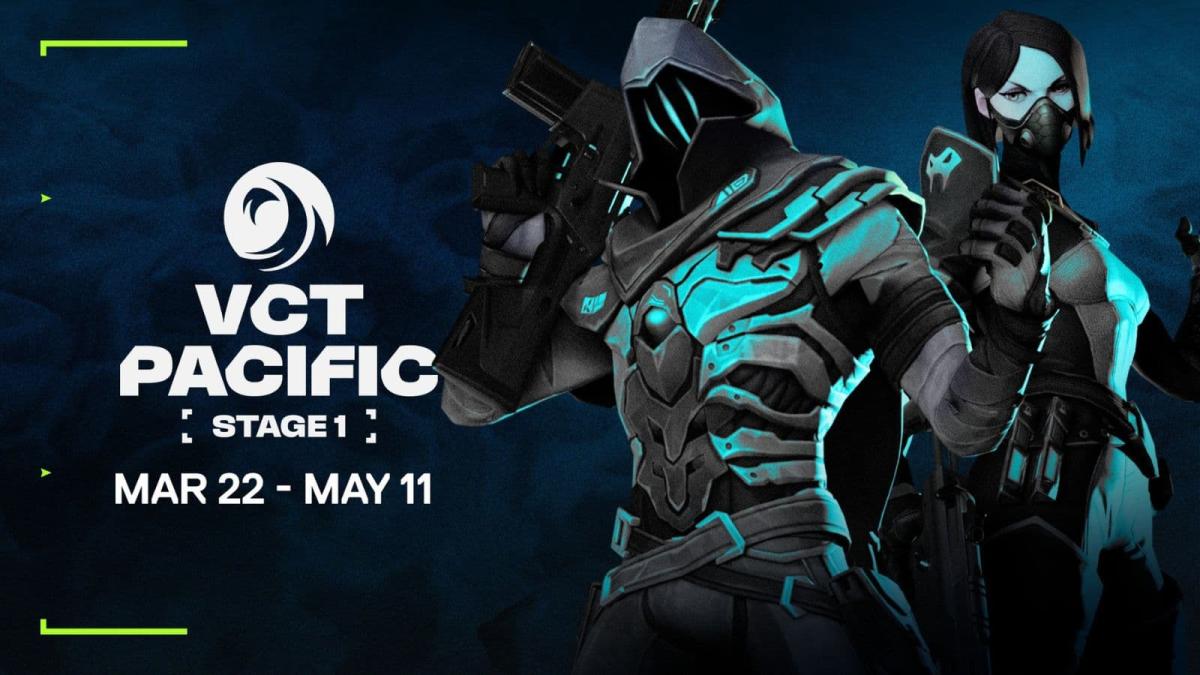
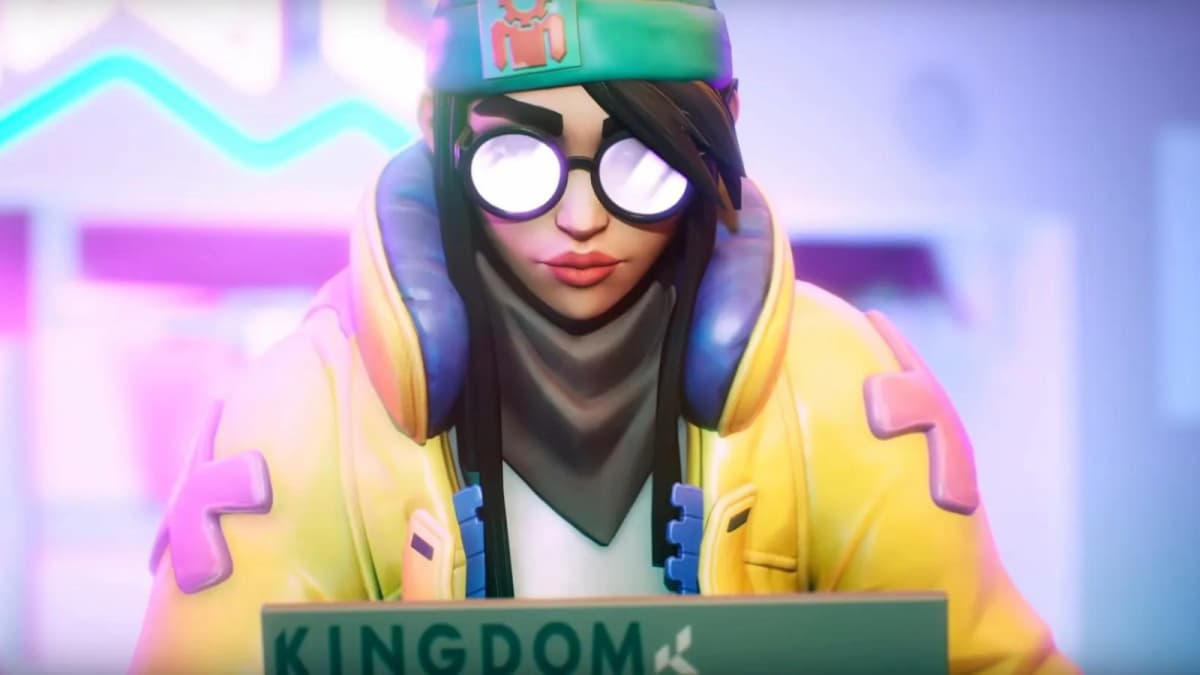
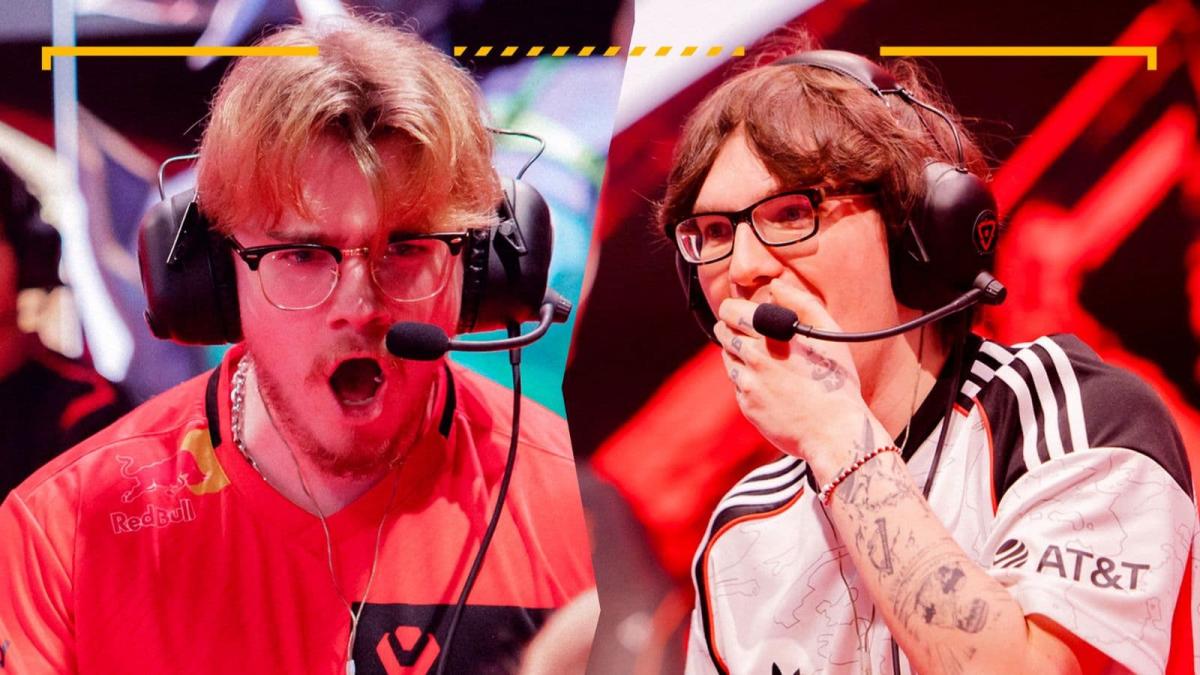
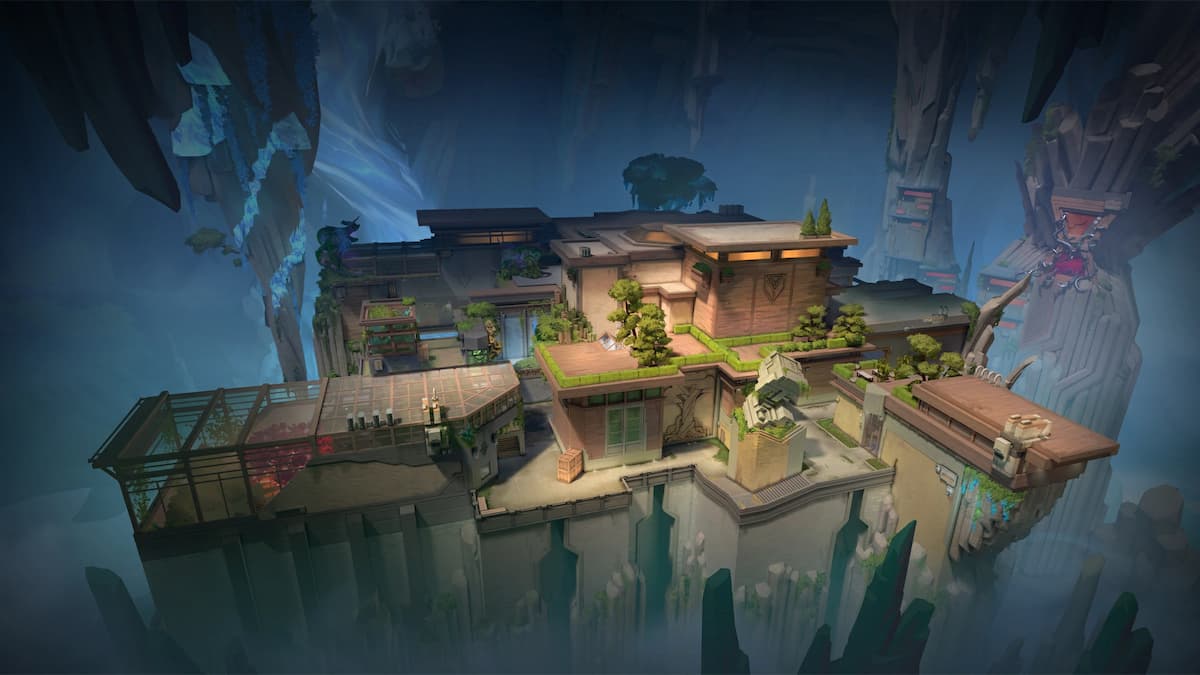


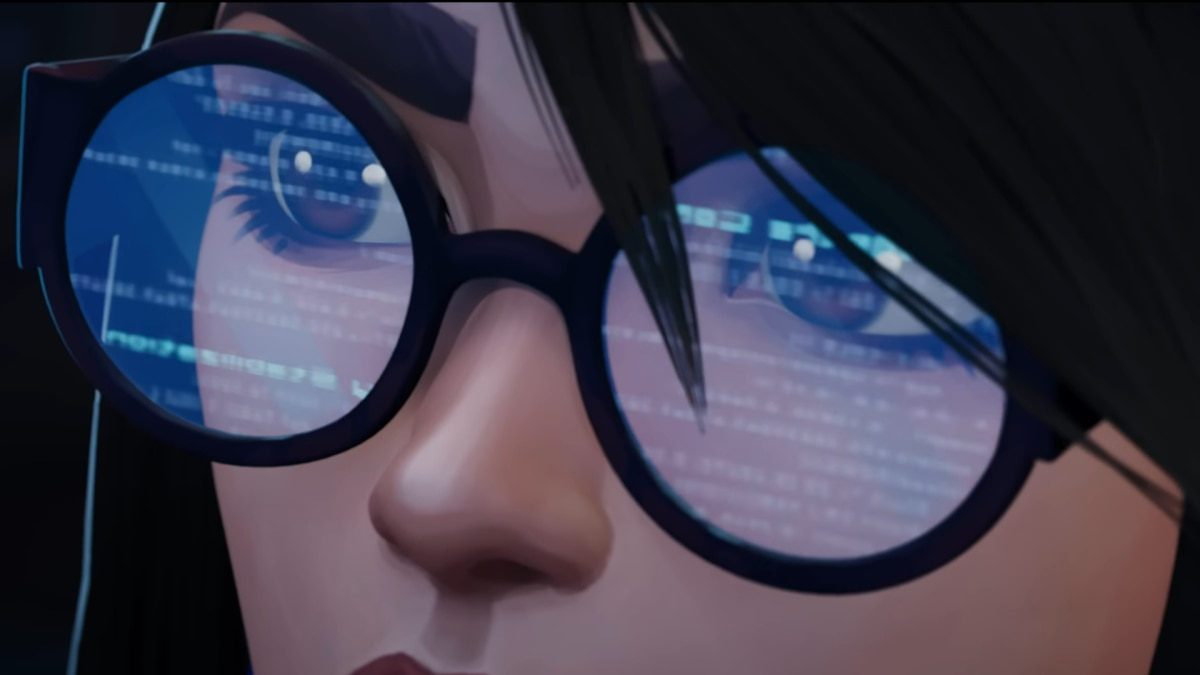
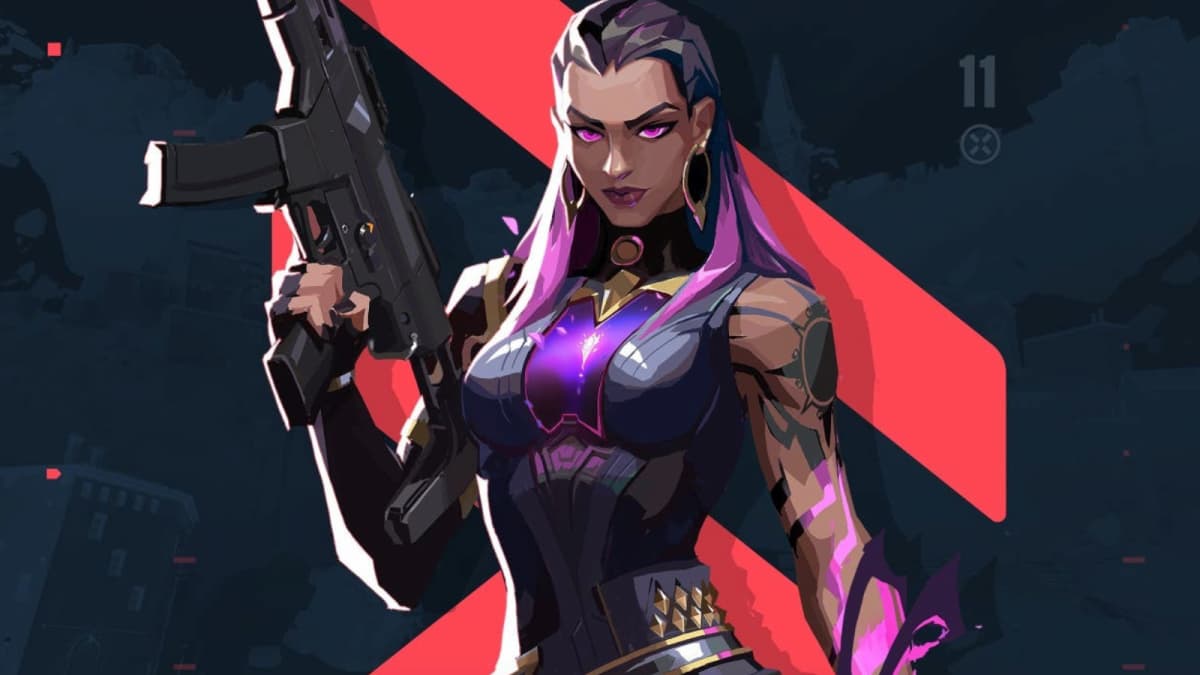
Published: Oct 10, 2023 10:30 pm